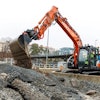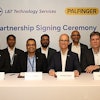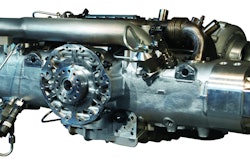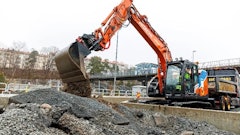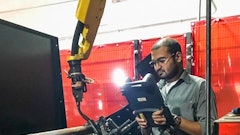In support of its efforts in hearing loss prevention, the National Hearing Conservation Association (NHCA) sent a letter to the United States Occupational Safety and Health Administration (OSHA) advocating the regulatory body to revisit the interpretation and application of noise controls in industrial workplaces.
In January 2011, OSHA withdrew its proposal to interpret guidelines emphasizing the use of engineering and administrative controls to mitigate occupational noise. In its original proposal, OSHA identified the need to implement such noise controls when economically and technologically feasible in work environments which expose employees above the permissible exposure limit.
"NHCA is committed to minimizing risk of noise-induced hearing loss in the workplace," says Dr. Tim Rink, NHCA president. "The implementation and enforcement of noise controls are essential to the success of any occupational hearing conservation program, and often provide additional production efficiencies for a company."
In its letter to OSHA, NHCA highlighted some advantages of noise control, including: the reduction of potential user error, negligence, or deliberate non-compliance regarding the use of hearing protectors such as earplugs or earmuffs; improved hazard awareness and perception of safety alerts and warnings; reduction of the risk of life-altering hearing loss, tinnitus, and other effects of excessive noise exposure; and the cost effectiveness of noise controls as a long-term strategy for addressing the hazard of excessive workplace noise.
